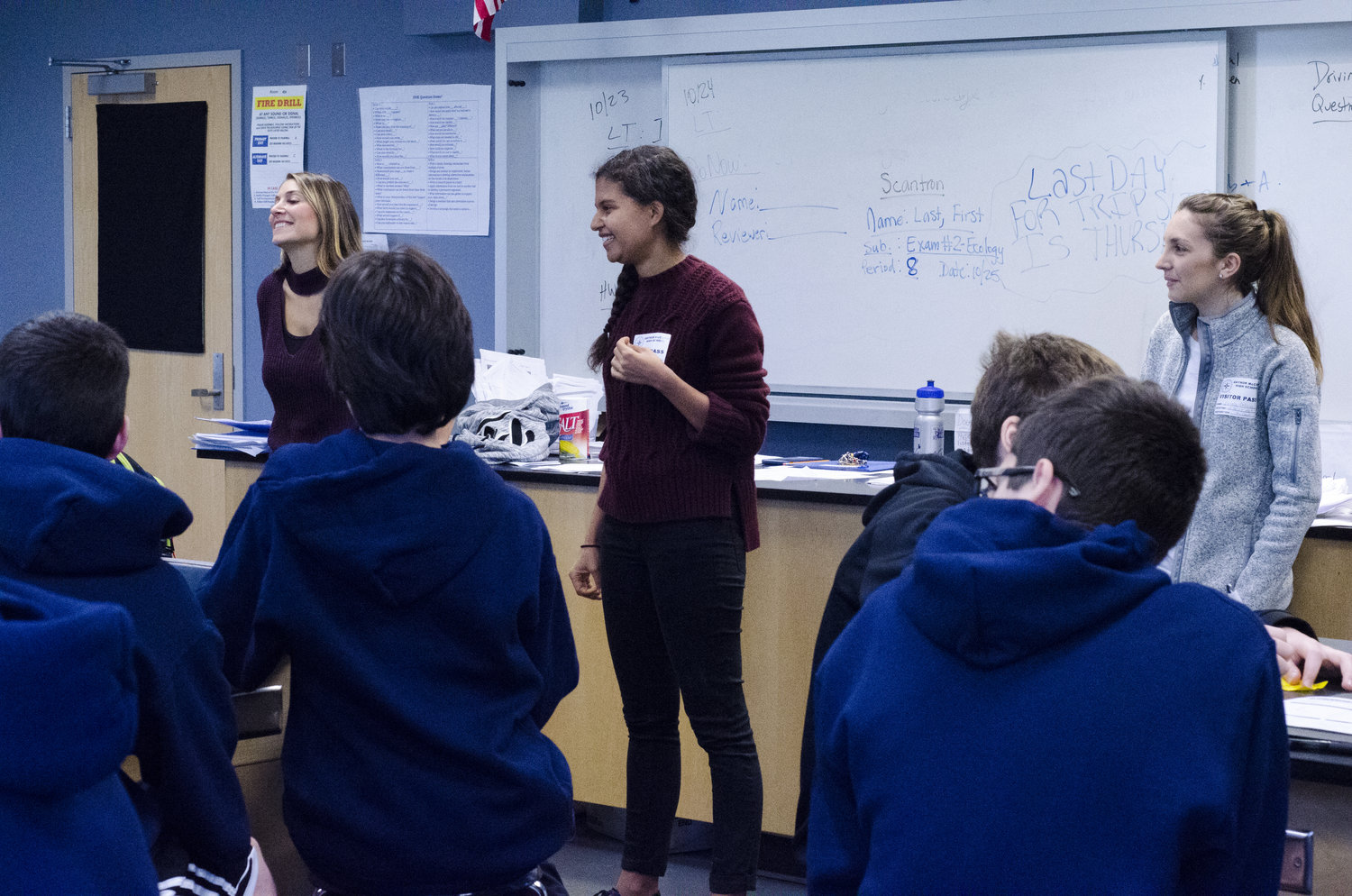“Sound the Mound” started as an idea: what would it mean to bring Freshkills Park and Arable Labs together to create site specific work that engages environmental issues, but found a home within the Transdisciplinary Design MFA program. Here John Roach, Assistant Professor of Fine Arts at Parsons, and Andrew Shea, Assistant Professor of Integrated Design at Parsons, were able to evolve and shape “Sound the Mound,” a project-based studio that addresses complex issues of climate, sanitation, landfill reclamation, public parks, cellular technology, public art, sonification and more. John and Andrew recognized the potential of the project and committed themselves to develop the it beyond the limitations of a single semester. Their goal for the semester was to give students the space to develop visionary projects that would match the innovative transformation of the Freshkills Landfill into a park.
The studio capitalized on the partnership with Freshkills Park, a reclaimed landfill in Staten Island that will be almost three times the size of Central Park (2200 acres); and Arable, a remote monitoring technology developed for crop management that uses sensors and cellular data to measure and communicate rainfall, crop water demand, water stress, microclimate, canopy biomass, etc. The goal of the studio was to work with the partners to develop a project that translates environmental data into sensory experience and allows visitors to explore aspects of the park remotely or on site. Sound the Mound required students first to dismantle the complicated history and interrelationships of the site and then explore solutions that encourage community engagement and improved sustainability practices.
The students created 3 diverse projects based on the following research question:
“How might we work with the partners to develop a project that translates environmental data into sensory experience and allows visitors to explore aspects of the park remotely or on site? How might we embody Freshkills Park, thereby making it more walkable, vibrant and enjoyable?”
Botanical Transmissions
Botanical Transmissions was created to explore the potential of plant-centered design and prompt dialogue about climate change and our collective responsibility to respond. Inspired by studies indicating that music may impact plant growth, this project takes a plant-centered design approach to the park. As a sensory experience primarily for plant life, this could serve as a symbolic repentance from humans who have misused the area in the past.
Botanical Transmissions takes ecological data from an Arable Mark Pod and translates it into a musical composition. This is done with a genetic algorithm which automatically evolves five different traits based on the plants relative health after “listening” to different compositions. This project intends to provoke conversation about the history of Freshkills Park, the Anthropocene, and how design might be used for more critical applications. Botanical Transmissions generates music by plants, for plants.
Students involved in this project include Noah Litvin, Christopher Lopez, and Tanvi Nitin Dhond. Read case study. 
Vitality Rhythm
Vitality Rhythm is a sensory experience for perceiving the vibes of nature. It gives people at Freshkills Park the opportunity to form an empathetic and emotional connection with nature. Vitality Rhythm involves the creation of an exhibit named Eve, an egg-shaped living entity made from the soil of Freshkills Park, nursed in a cradle-like environment. As she grows, an Arable Mark Pod senses new sprouts and the vigor of growing plants, transforming them into a heartbeat. The name Eve is a palindrome that can be read backward and forward, in the same way the organic egg shape can be read. In that regard, Eve may help visitors imagine the park’s past and future.
When people see Eve at Freshkills, they might resonate with her vital signs – and begin to care for her. We wanted this project to open a dialogue in the hopes of creating a critical conversation between humans and nature.
Students involved in this project include Chengcheng Teng, Juyeon Lee, and Oliver Arellano. Learn more about that project in our details about the course and download their case study.
Replay Fest
Replay Festival is a yearly event with an open structure that invites co-creation from schools, organizations, experts, youth and local communities around New York. The festival hopes to promote embodied learning about sustainable practices and the impact of our waste at the Freshkills Park, supporting innovative alternatives for the waste system while celebrating our playful spirit.
Replay festival aims to create a playful, learning experience at Freshkills Park, exploring what it means to rethink, reduce, reuse, and recycle as individuals, and to understand how society can restore balance for a truly sustainable future.
Students involved in this project include Carolina Corseuil, Alice Hue Lu, and Kate Fisher. Learn more about that project in our details about the course and download their case study.


